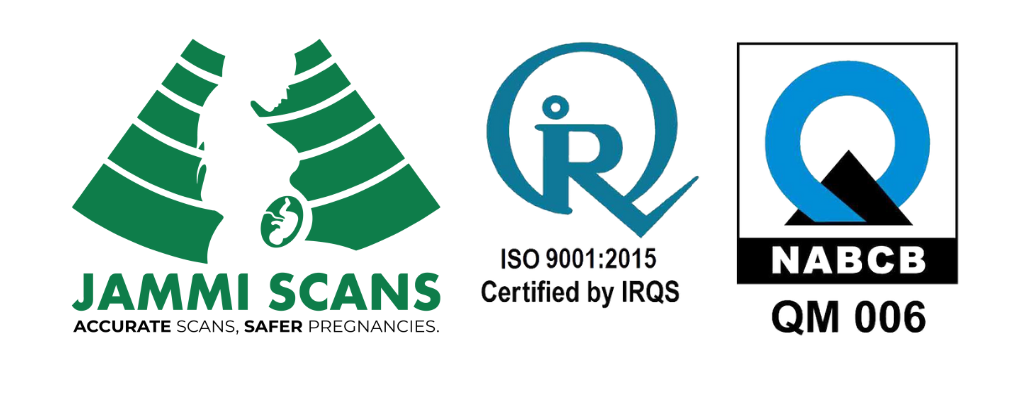Introduction
Pregnancy is one of the most life-changing experiences, and finding out you are actually pregnant and a little bun is in the oven is a whole new experience altogether.
The two-week wait—the two weeks after your ovulation—is the time that people who are expecting a baby stress about.
While it is important to consult with a gynecologist to confirm pregnancy, home pregnancy tests are also reliable to find out if you are pregnant or not.
In this article, let’s discuss how and when to use a home pregnancy test, how to read Pregnancy test results and more in brief.
What is a pregnancy test?
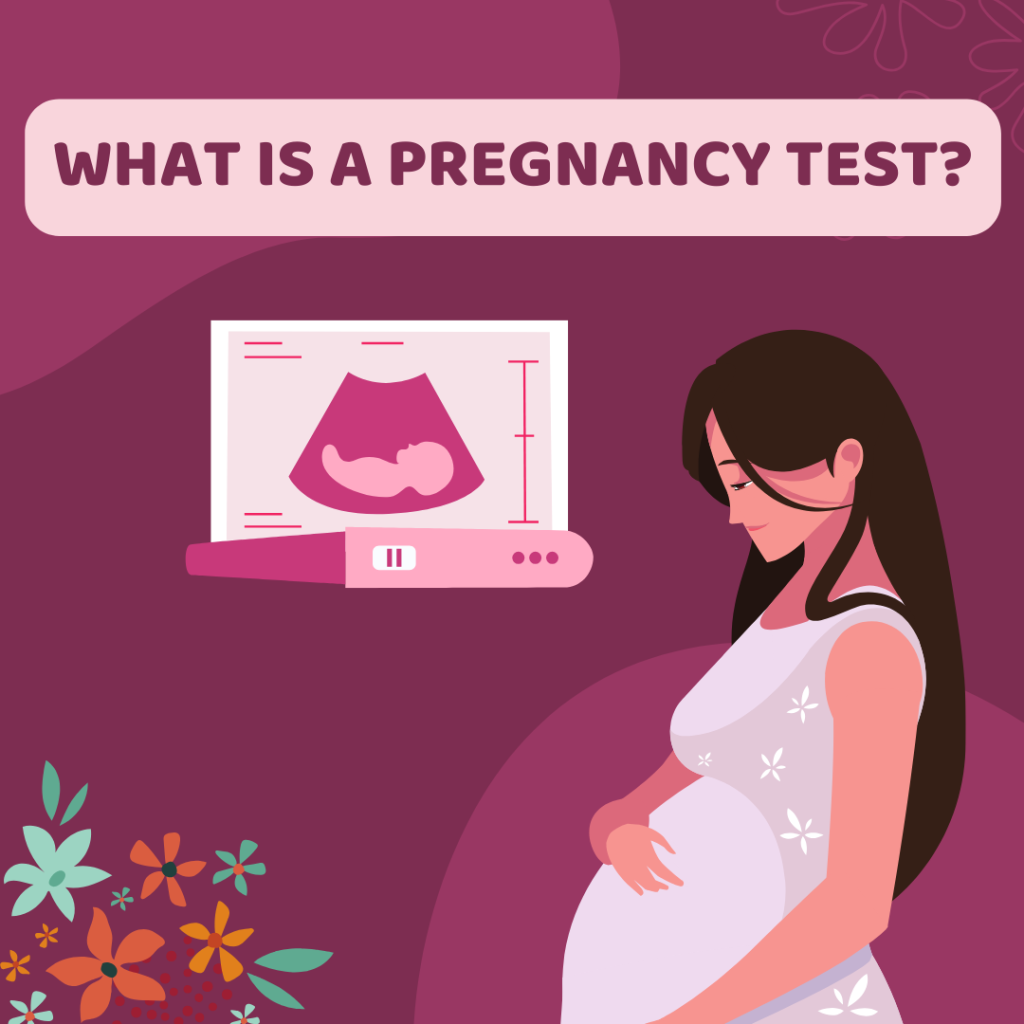
A home pregnancy test is one of the most reliable ways to check if a woman is actually pregnant or not. Home pregnancy test kits are sensitive to the HCG hormone (Human Chorionic Gonadotropin).
When a woman conceives, the level of HCG hormones in her body increases, which can be checked through her urine and blood samples.
When a urine sample comes into contact with the home pregnancy test kit, the kit checks for HCG levels. If the HCG levels in the body go over 5 mIU/mL, it means pregnancy is confirmed.
Types of pregnancy tests
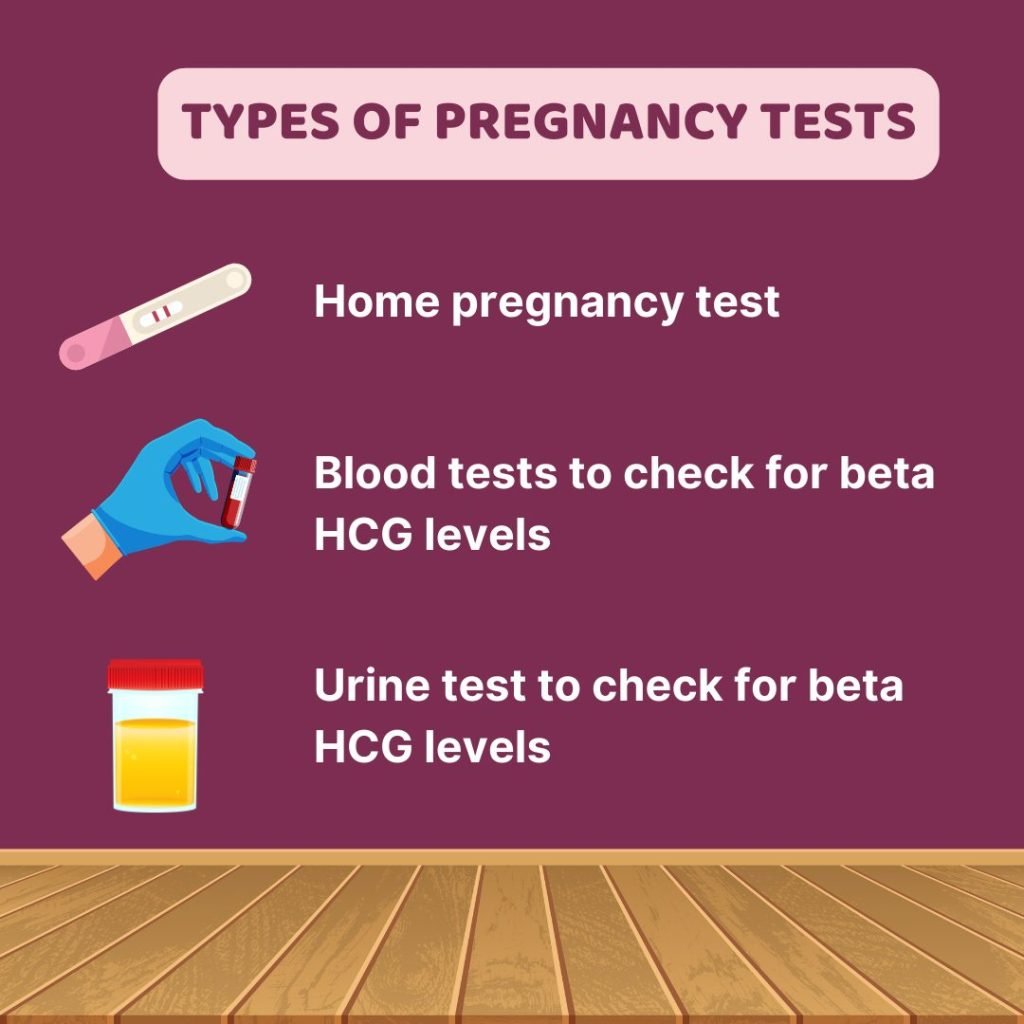
- Home pregnancy test: Home pregnancy test uses urine to check for pregnancy. It is typically advised to use the first urine of the day for better results. The home pregnancy test is sensitive to HCG hormone and shows two lines or positive sign when the HCG hormones in the body are higher indicating pregnancy.
- Blood tests to check for beta HCG levels: Blood tests to check for beta HCG levels in the body are one of the most reliable ways of testing pregnancy. As soon as you get a positive result in your home pregnancy kit or if you are too anxious to wait until a week later for your missed periods, you can have a blood test to check for beta HCG levels.
- Urine test to check for beta HCG levels: The urine test is also very similar to the blood test. A sample of urine is given to a lab to check for HCG levels in the body.
When should I Take a Pregnancy Test?
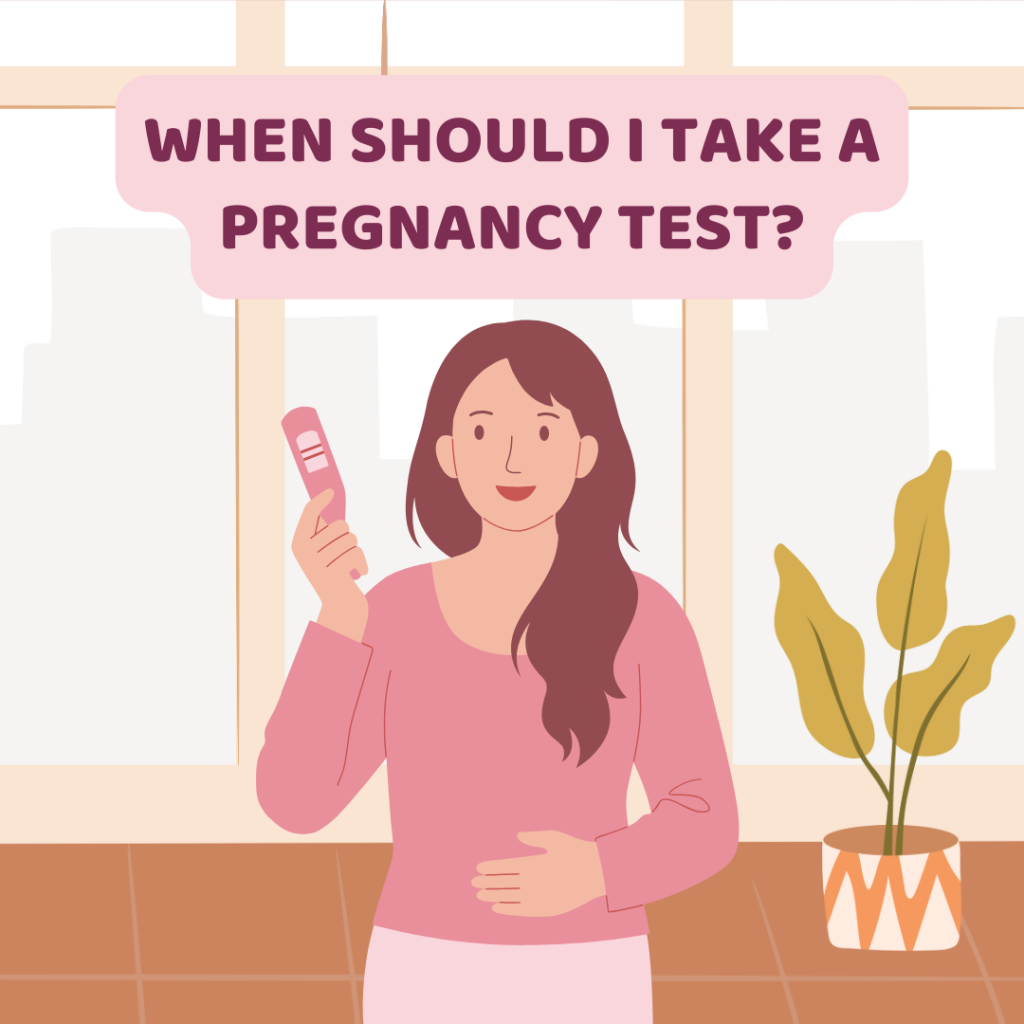
Healthcare experts recommend taking a pregnancy test at least a week after your missed periods for accurate results.
If you have irregular periods, it is recommended to take a pregnancy test at least 21 days after having unprotected intercourse.
It is suggested to take the pregnancy test first thing in the morning after waking up with the first urine of the day.
This is because the first urine of the day will be the most concentrated. Drinking water and staying hydrated can make the urine saturated, which can sometimes result in false negative tests.
Hence, it is a good idea to take a pregnancy test with the first urine of the day.
How Should I Prepare Myself for the Home Pregnancy test?
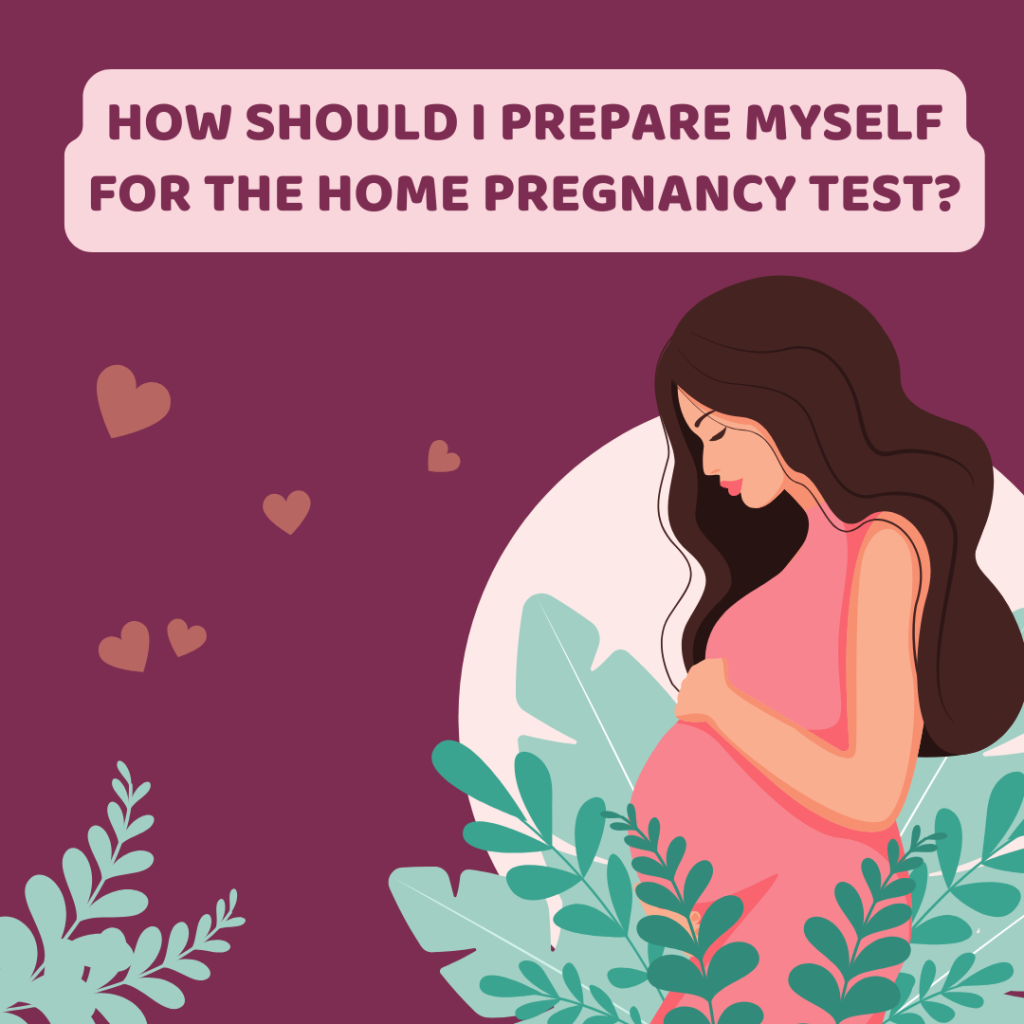
It is recommended to take a home pregnancy kit at least a week after your missed periods, although some kits are so sensitive to HCG that they can even be effective as soon as day 1 of your missed periods.
It is also important to take the pregnancy test with the first urine of the day, as it will be concentrated enough to read the proper results.
How accurate are home pregnancy tests?
Home pregnancy test kits are 98–99% accurate if used properly.
Home Pregnancy Test Kit
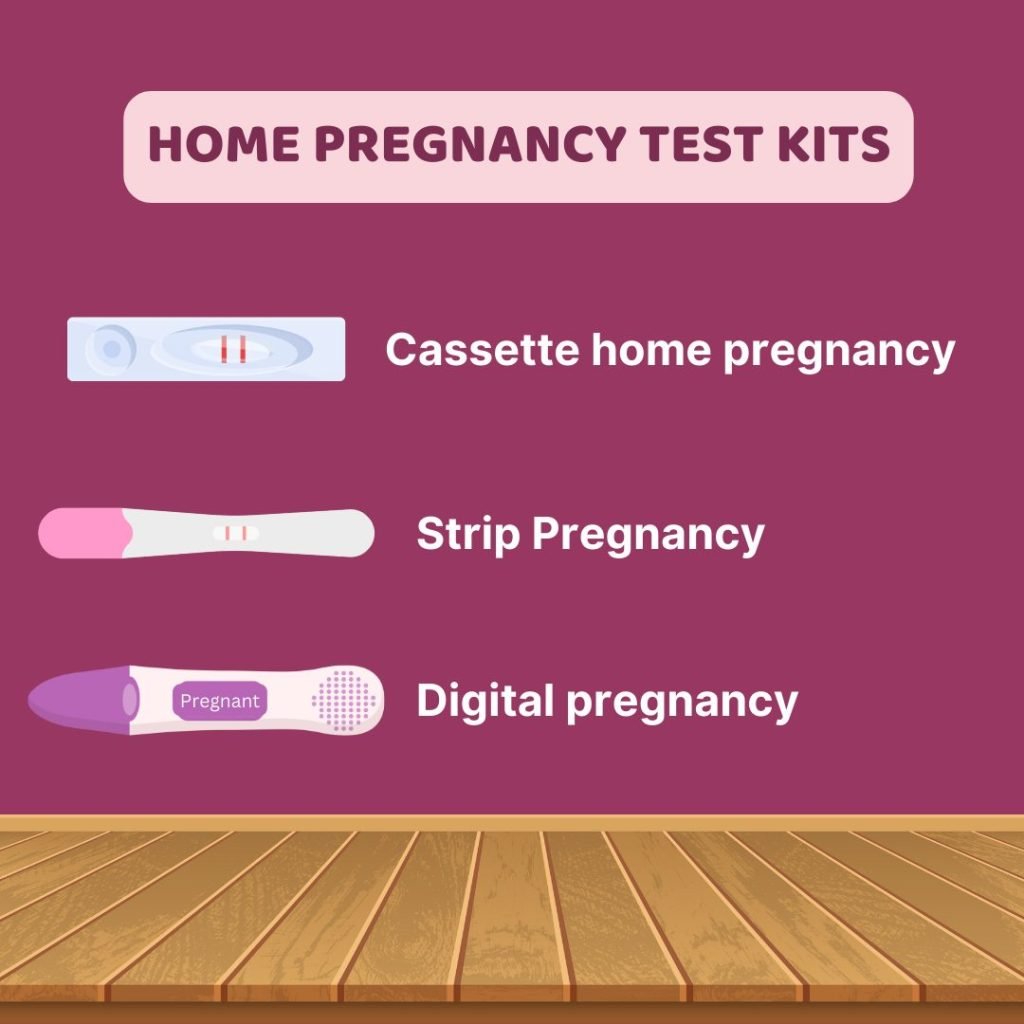
Cassette home pregnancy
A Cassette home pregnancy kit is a small plastic device that usually comes with a dropper to pour the urine and a holder to hold the urine.
The cassette pregnancy test kit has a C line and a T line. The C line stands for control line, and the T line stands for test line.
The C line is a mandatory line that appears in all pregnancy kits, which validates it.
The T line, on the other hand, comes only if the HCG levels in the urine are high, indicating pregnancy.
Strip Pregnancy
The strip pregnancy kit, as the name suggests, is a strip-like device that is sensitive to the HCG hormone in order to detect pregnancy.
One can either dip the test kit into urine or pee directly on the strip. Just like the cassette test, the strip test kit also shows two lines when a woman is pregnant and one line when she is not pregnant.
Digital Pregnancy
A digital pregnancy kit, on the other hand, is a digital device, as the name suggests. It comes with a cap and a digital screen where we can read the result.
To take the test, remove the cap of the kit and directly pee on it. Close the cap after peeing, and keep it on a flat surface.
The test will either turn out as a plus sign (+) or read positive or pregnant when a woman is pregnant and turn out as a negative sign (-) or read negative or not pregnant when a woman is not pregnant.
Home Pregnancy Test Instructions
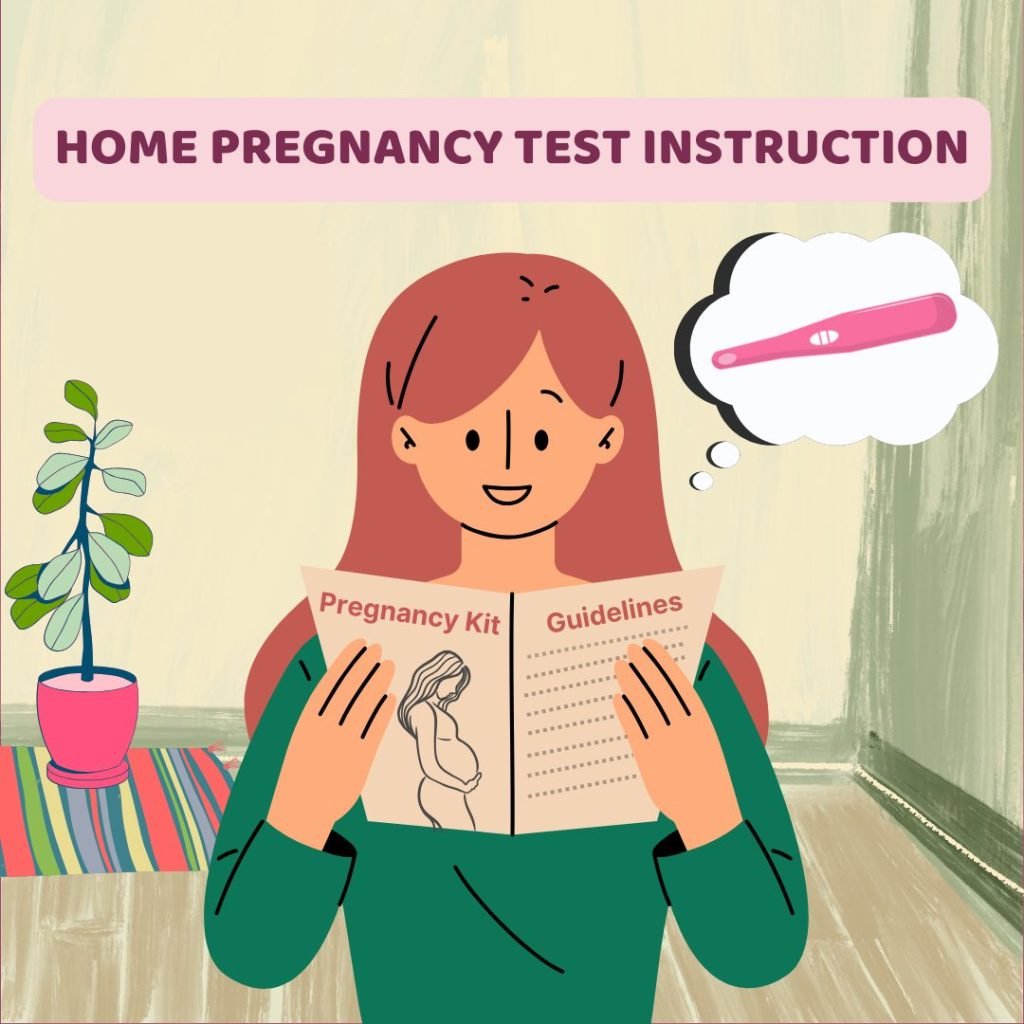
While using a home pregnancy test kit, there are a few instructions one must follow in order to get the best accuracy in the results.
- Take the test with the first urine in the morning.
- If the C line or the control line is not present, the test results are invalid, and you must repeat the test.
- The test results come out in 3 minutes. Do not read the test after 10 minutes, as it might be incorrect.
- Place the test kit on a flat surface while waiting for the test results.
- Never reuse a pregnancy test kit.
Where can I get a pregnancy test kit?
Pregnancy test kits are available in almost all pharmacies and supermarkets these days. It is also available online.
Conclusion
Home pregnancy kits are almost 98–99% accurate. But it is important to follow the instructions in order to get the best accuracy in results.
Apart from this, it is important to consult with a gynecologist to confirm pregnancy if the test results turn out to be positive.
If the test results are negative and you still have pregnancy symptoms, repeat the test after a few days or consult with a gynecologist.
For appointments with the best gynecologist in Chennai, Dr. Deepthi Jammi, contact Jammi Scans at 7338771733.
Chennai women’s clinic is now Jammi scans
FAQ
1. How soon can I test for pregnancy?
Although some pregnancy test kit results can show positive results as soon as day 1 of missed periods, it is better to take the test at least a week after your missed periods.
2. What test confirms pregnancy?
A pregnancy test, be it a home pregnancy test, blood test, or urine test, where the HCG hormone level is over 5 mIU/mL. It is important to consult with a gynecologist to confirm pregnancy.
A blood test to check for HCG hormone levels in the body is the best way to confirm pregnancy. But it is also important to consult with a gynecologist even after getting positive pregnancy test results.
3. What are the symptoms of a 1-week pregnancy?
Most women do not have any pregnancy symptoms in the first week of pregnancy. But some women might experience symptoms including nausea, fatigue, and breast tenderness.
4. Is 2 lines a negative or positive pregnancy?
Yes, two lines in a pregnancy kit (both the C line and the T line) mean positive.
5. Could medicine change the test results?
Medications containing HCG which are typically used for fertility treatments can sometimes impact the home pregnancy test results which may result in false positives.
6. Could a positive result be wrong?
Although false positives are rare, they are still possible if the protein content in your blood is high or if you have taken any drugs with HCG content.
7. Could a negative result be wrong?
Yes, false negatives are very common in home pregnancy kits. Your test results may turn out negative if:
- You have taken the test too early. This means you have taken the pregnancy test soon after your conception, which may result in false negatives as it takes a few days for the HCG levels in the body to increase.
- If you have not taken the test with the first urine of the day.
To get accurate results with home pregnancy tests, it is important to take the test with the first urine of the day.
Keep in mind to take a pregnancy test only a week after your missed periods for better accuracy in the results.



